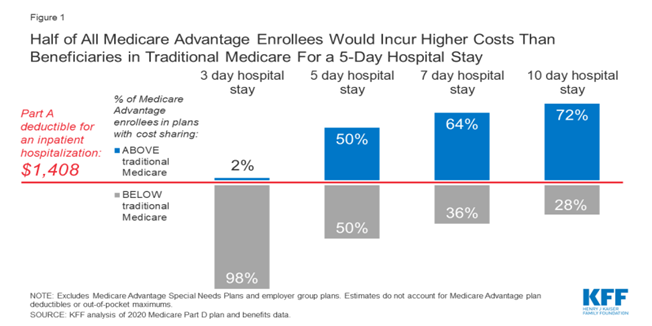
Insights into the Stress of Caregiving on the Sandwich Generation
You can relate to being “sandwiched” between the older generation and the younger generation if you care for an aging parent or parents, as well as your own children. You may feel pulled in multiple directions while trying to meet the needs of your family members. According to the Pew Research Center, about a quarter […]
Read More













 Call Today: 215-364-1111
Call Today: 215-364-1111